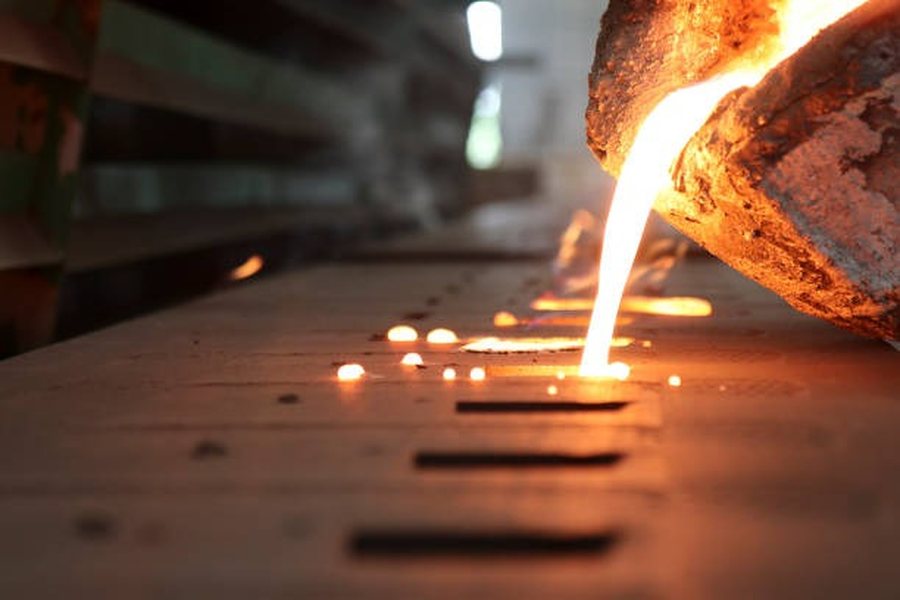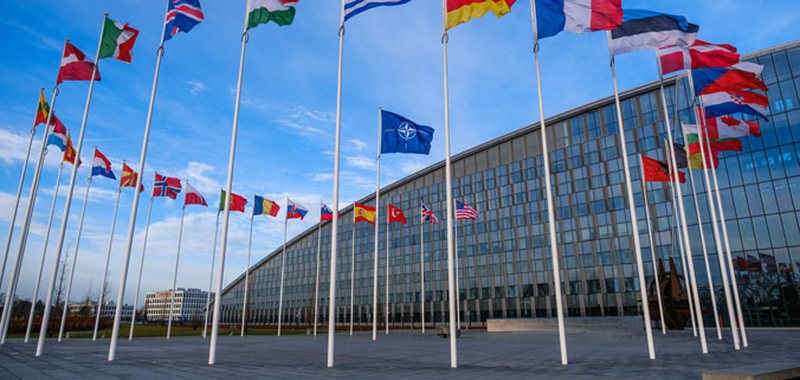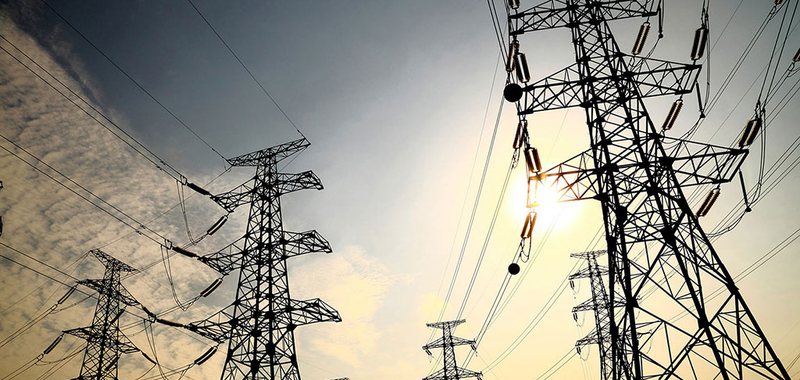EU proposes quotas for steel industry - Seeks cooperation with US to avoid tariffs

The European Union should speed up negotiations with the United States on a system of tariff-rate quotas with differentiated tariffs to avoid the existing high 50% tariffs on steel and aluminum. The European Steel Association added that such an agreement would also help to cooperate against China's overcapacity in the sector.
Quota systems allow a certain amount of steel and aluminum to be imported at low or zero tariffs, while any additional quantities are taxed at much higher rates.
"Quotas are the only option we have with the US. They are not a perfect solution, but at least they allow us to export. Now, that has become almost impossible," say sector experts.
This system was put in place during the Biden administration to replace the 25% tariffs on steel and 10% on aluminum imposed by the first administration of Donald Trump. The agreement allowed up to 3.3 million tons of steel and 384,000 tons of aluminum from the EU to enter the US duty-free, with tariffs only applied to the additional quantities. However, upon his return to office, President Trump reinstated the 25% tariffs, which were increased to 50% in June and expanded on August 19 to include about 400 processed steel products.
After weeks of clashes over tariffs that hit all EU industrial products, the US and the bloc reached a deal that imposes 15% tariffs on European goods, with the exception of steel and aluminium. However, in a joint statement, the parties expressed their intention to cooperate in "protecting their internal markets from overcapacity, while ensuring sustainable supply chains between them, including through tariff-rate quota-based solutions."
Analysts also say the US and EU should join forces in the fight against China's overcapacity in the steel sector. According to data from the Organisation for Economic Co-operation and Development, there was a global overcapacity in steel production of 600 million tonnes last year, and by next year this figure is expected to reach 720 million tonnes.
China is subsidizing its steel industry, which has led to over 500 million tons of overcapacity. When Trump imposed 25% tariffs in March, they were offset by very low-priced Chinese products, which explains why the US later increased the measures to 50%.

Only 3 NATO countries meet new target - All member countries will reach old spending threshold this year
All NATO member countries will reach the old defense spending target of 2% of GDP this year, but only three countries currently meet the new higher target,......

“Up to 9 years in prison for tax evasion” - New Criminal Code for businesses. Anyone who does not pay taxes on time risks 1 year in prison
Businesses operating in the country must be more careful in their activities as the new Criminal Code released for public consultation targets any attempt at......

Muzhaqi: Record number of applications in the National Internship Program
The National Internship Program saw an extraordinary surge in interest this year, with 3,314 young people applying, the highest number of applications in the......

12-month bonds, yield falling again - Average interest rate dropped to 2.6% in the last auction
The average interest rate on 12-month treasury bills continues to decline. In the last auction, the weighted average yield fell to 2.6%. Thus, the yield is......

Electricity production falls - April-June, INSTAT: Imports increased, while exports decreased
The second quarter of the year did not result positively in terms of electricity production, as the hydro situation contributed to a 4.6% decrease in net......

Beauty professions as employment opportunities in emigration - Beautician: Girls give up on diplomas, turn to "nails and eyelashes"
"Many girls who have completed their higher education here in Albania, give up the schools they attended and turn to the field of aesthetics, only to then......

"The battle with the fires as a dramatic chronicle" - Rama: Albania was not broken! We will have our own fleet of aircraft
The country's Prime Minister, Edi Rama, participated in the National Gratitude Ceremony, where medals and awards were given to all forces engaged in......

Albania, a car for every door/ Map of motorization in our country. Durrës leads, Korça lags behind
According to the latest data from the DPSHTRR, by June 2025, a total of about 1 million vehicles and over 810 thousand cars were registered in Albania. This......


















